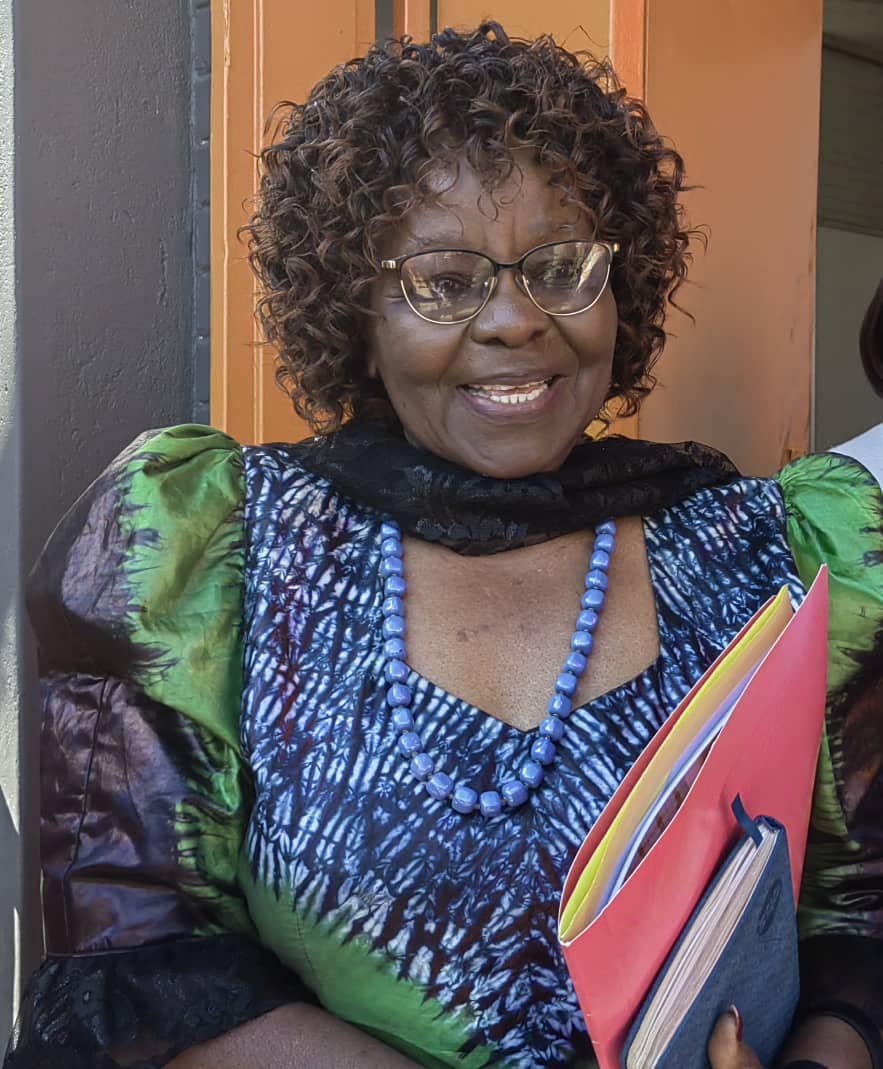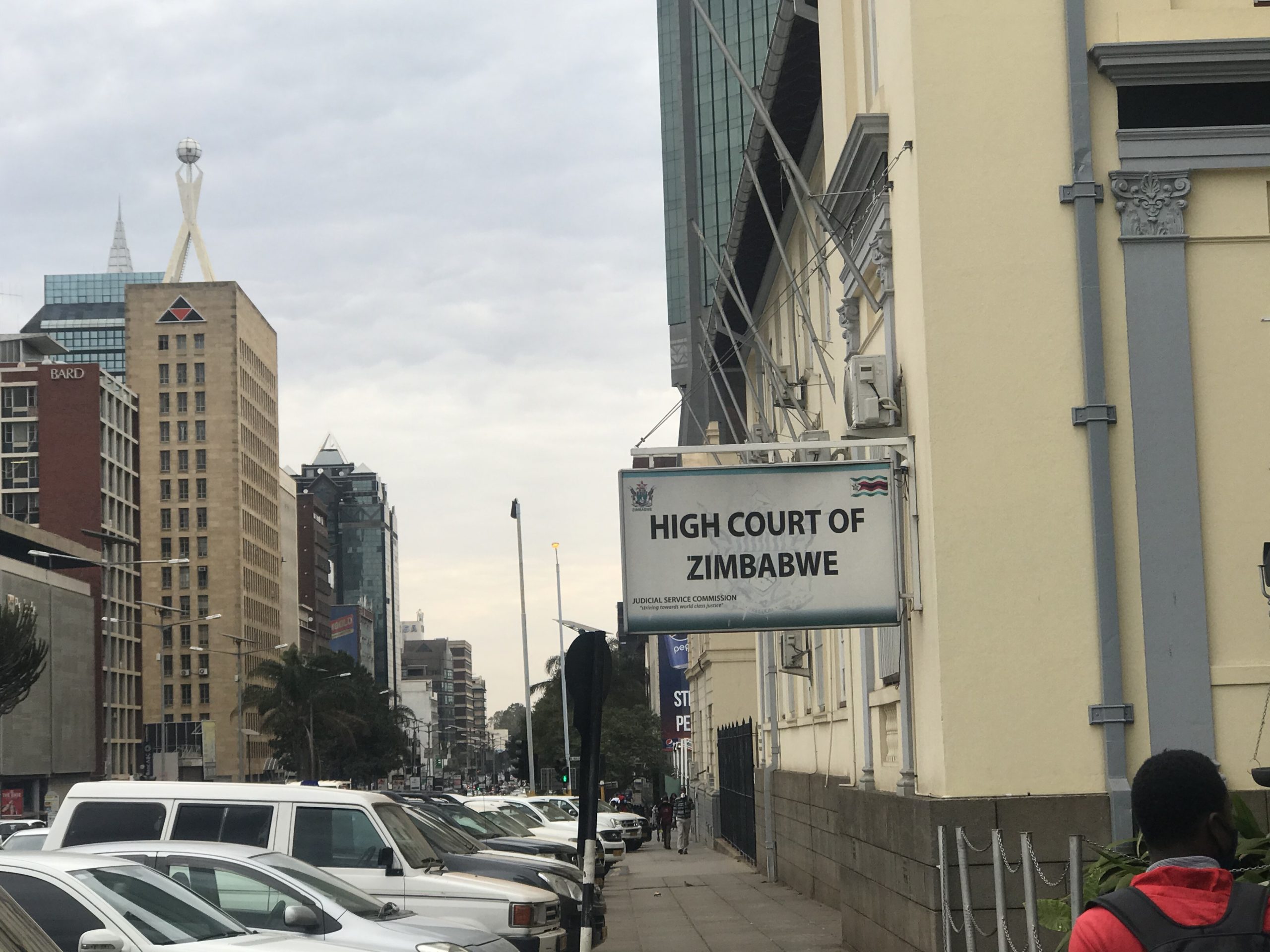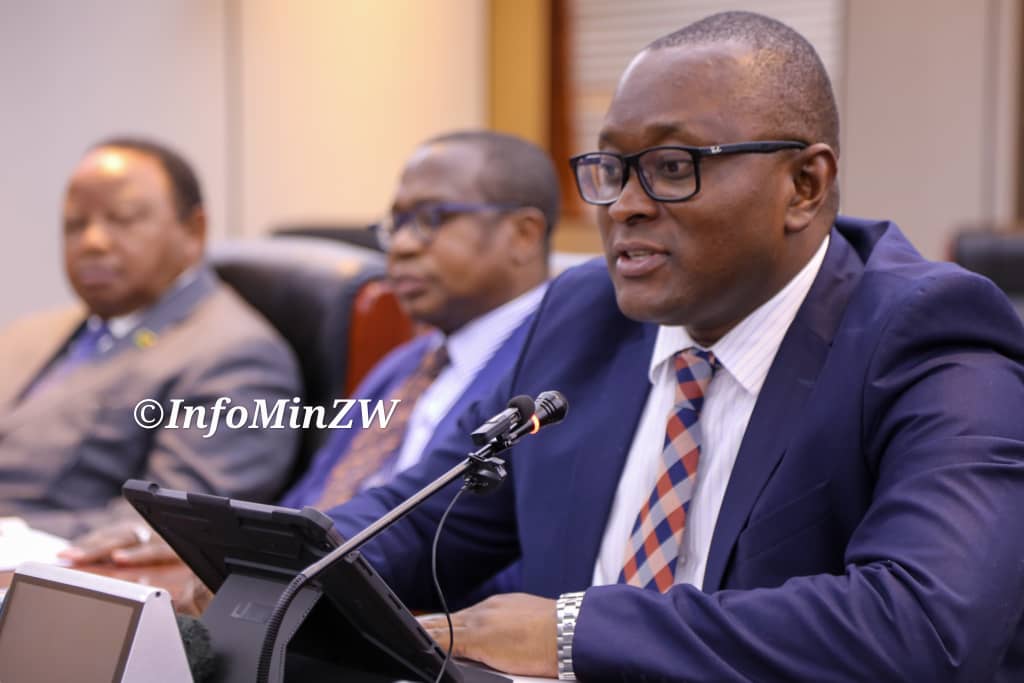Nyoni tells SMEs to be resilient
Share

Bulawayo (New Ziana)- Micro, small and medium enterprises (MSMEs) should remain resilient and focused on growing their businesses despite the current headwinds in the economy, a senior cabinet minister has said.
Women Affairs, Community and Small and Medium Enterprises Development Minister, Sithembiso Nyoni linked the prevailing economic challenges, characterised by sharp devaluation of the local currency and rises in prices for goods and services, to election-related profiteering.
The country will hold general elections in August.
Nyoni was speaking at an International MSME Commemorations Day at the Zimbabwe International Trade Fair(ZITF)
exhibition centre on Thursday.
The event brought together various MSMEs from Bulawayo Metropolitan province, development partners and various stakeholders who represent the sector.
The day was set aside by the United Nations in recognition of the important role MSME`s are playing in many economies worldwide.
This year`s event was celebrated under the theme, “Galvanising MSMEs Worldwide by Supporting Women and Youth Entrepreneurship and Resilient Supply Chains”.
Nyoni said the difficulties prevailing in the economy were not a new phenomenon as the country always experienced currency attacks just before elections.
In recent weeks, the Zimbabwe dollar has sharply weakened against major currencies, forcing authorities to introduce a raft of measures to help stabilise exchange rates, promote demand and curb dollarisation in the economy.
“I know the prices are going up and the economy seems to be in turbulence but let me remind you that we will get over it. Let me say this always happens all the time just before elections. There is someone who attacks our currency, someone who attacks our economy. Don’t worry, this is a passing phase. I am sure you have
noticed our Zimbabwean dollar has already started to firm,” Nyoni said.
“We will be Okay. If we have gone through what we went through in 2004, 2006, 2008, we can go through any storm. But this one is a small one. We will succeed and we should keep moving as SMEs,” she said.
She said Zimbabwe and the rest of the world was grappling with the rising cost of living, triggered by the impact of Covid-19 pandemic, Russia-Ukraine conflict, and rising global inflation.
“These factors have negatively impacted your ability to run your business effectively as they have reduced aggregate demand and disrupted your supply chains,” said Nyoni.
The small-scale enterprises sector, she said, was vital to the economy, and should be supported and nurtured to grow.
“The sector is significantly contributing to employment generation, wealth creation and poverty reduction,” she said.
According to the 2021 MSME survey, there are 2,4 million MSMEs operating in Zimbabwe. The sector employs almost five million people on a full-time basis.
The 2022 Finscope Survey also indicated that the sector contributed US$8,6 billion to the GDP of this country during Covid-19 period.
“Let me point to those 4,8 million full time employees in the sector, women constituted the majority at 52.1 percent,” Nyoni said.
“The statistics indicate the pivotal role MSMEs play in the attainment of Vision 2030 of achieving an upper middle-income economy, 2030 Agenda for Sustainable Development and ultimately the AU Agenda 2063,” she said.
Despite the huge contribution to the economy, Nyoni said the sector was saddled by a myriad of challenges, chief among them low productivity and competitiveness due to high cost of doing business, use of
antiquated and outdated machinery.
“Cognisant of the constraints faced by the sector and considering the pivotal role MSMEs play in the socio-economic development of the country, MSMEs development is one of the key strategies in the implementation of National Development Strategy 1 driven by reviewed National MSMEs Policy Framework (2020-2024),” Nyoni said.
“The policy enables various interventions which include offering business development support services such as entrepreneurship development and business linkages, cluster development, technology transfer, provision of appropriate workspace, creation of conducive legal framework, access to finance, market development and trade
promotion,” she said.
New Ziana









